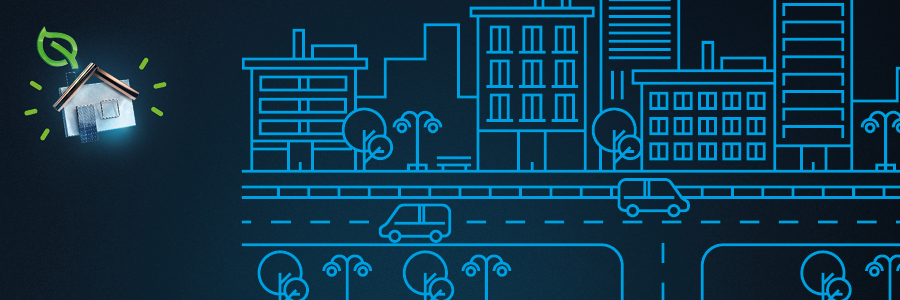The 4th edition of the Open Eyes Economy Summit (19 - 20 XI 2019 ) will address 3 thematic blocks and 6 discussion paths. We will try to imagine the world (without) work and a firm-idea as a knowledge factory. We will also look for territorial justice between the countryside and the city as well as solutions for the problem of so-called overtourism. We will look closer at unfair selling practices (so-called misseling) and we will propose solutions to overcome the crisis by means of culture. We will not overlook the international governance, either, which will be discussed at the top level.
This year we will cordially welcome the Congress guests with Polish apples at the Open Cafe. We will also organise meetings with interesting people at the Meeting Points, and for those who like to spend time actively – we will offer practical workshops. A special event of the OEES4 in the ICE Congress Centre will be Kiermash – the Krakow market of responsible products.
Naturally, there will be an accompanying cultural program that we are working on at the moment. The Krakow audience and the Congress guests will have an opportunity to watch a new premiere theatre performance and a documentary movie created especially for our event.
Mom, Dad – are you worried that you have no one to leave your children with? We have also thought about this problem. Our youngest guests will enjoy a lot of games and attractions at the Children’s Playground Corner under the supervision of a qualified team.
However, we still have more surprises coming. The details will be revealed soon!

Firm-Idea as a knowledge factory – how to shape competences in the digital economy?
Intangible assets such as its employees’ knowledge and experience allow the company to use its opportunities better than the competition. Today, the resource that offers a significant advantage is the ability to select data and process it into information useful for practical use. In the digital economy, the company has to be a “knowledge factory” – the priority is given to competences and access to data. Vocational education is focused on studies combining knowledge and practical self-education. No longer are occupations or job created but the capability to learn new competences.
Firm-Idea: the world (without) work
Artificial intelligence is a challenge to the modern market economy, democracy and social life. The work performed by people is overtaken and replaced by machines and robots. Will reducing the work time of people, by delegating tasks to artificial intelligence, increase the free time of the employees? If so, what will be the consequences for the labour market?

City-Idea: overtourism
When tourism becomes a problem… The major European cities have been witnessing a rapid increase in the number of tourists since the early 1980s. Year by year, there are more and more tourists in the world. In cities such as Barcelona, Venice and Dubrovnik, residents are protesting against the increasing number of tourists. Mass tourism contributes to the degradation of the environment and the destruction of cultural heritage. How can we solve this problem? And how to promote responsible tourism?
City-Idea: territorial justice in the countryside-city relationship
Between the countryside and the city, not only goods and services are exchanged but there are other invisible bonds such as water relations or energy flow. The city and the countryside are interdependent not only in economic terms but also by means of physical and environmental networks. The way these relations are shaped largely affects their development.

Brand – Culture: misseling
Unfair selling means the lack of responsibility in business. Finances are dominated by the approach that the customer is to be “spoofed”. Those who do not do it will lose the competition and fall out of the business game. It is a toxic assumption triggering a temptation to earn faster and more. The reverse of unfair practices in financial institutions is a brand built on the foundations of values, aimed at the needs of an informed consumer. A conscious brand is a Brand – Culture.
Brand – Culture: culture as a way out of the crisis
Until now, it has been assumed that culture becomes important and useful when it is a part of the economy (creative industries) or politics when we talk about critical art. It is high time to reverse this perspective and think how to make the economy and politics a part of culture because such social changes always have a cultural dimension.

